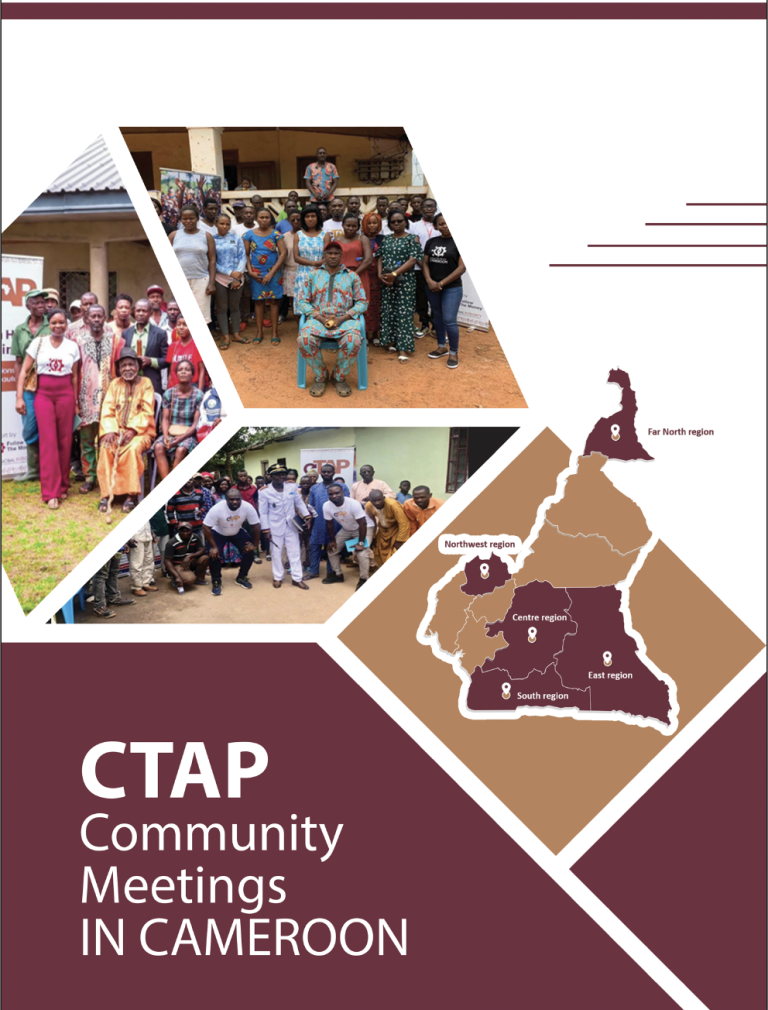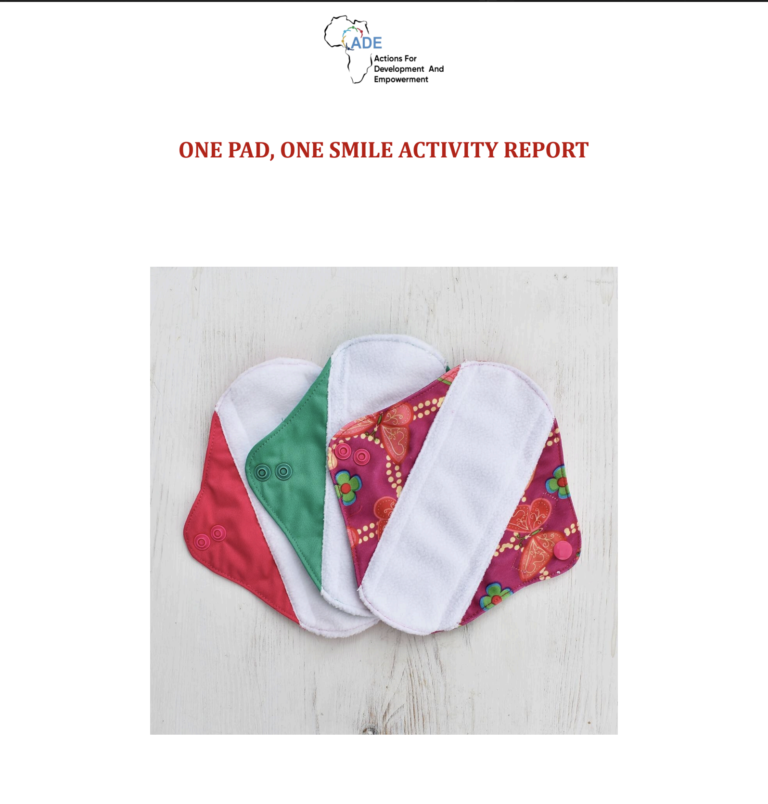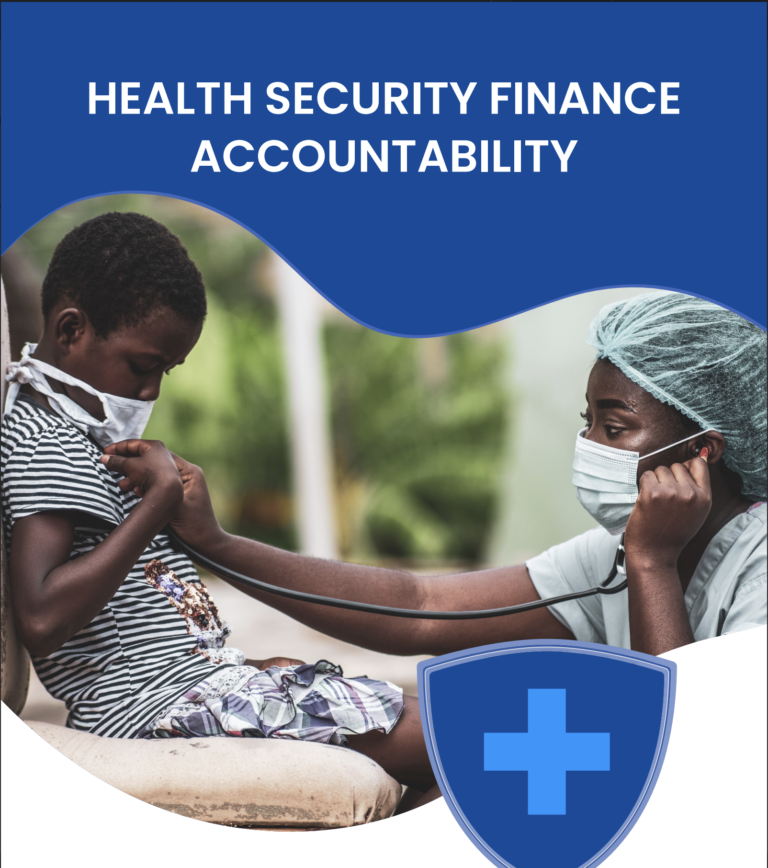Trust more than money, today is the main need to bridge the gap between a limited professional technical offer for the wealthiest and the demand for drinking water supply for the poor. Portable water supply systems in the East seem selective due to water property microbiological-analysis-related charges, connection to public portable water supply networks, the creation and maintenance of springs, wells and water boreholes with human-powered pumps. This report presents major investigation outputs carried out in Bertoua during the State’s transfer of competence regarding drinking water supply. It aims at presenting Bertoua dwellers’ daily challenges in accessing drinking water and the governance of water resources to assess the challenges they face. Several projects have been carried out in Bertoua to solve the increasing demand and the unsatisfactory supply of drinking water. An example is the enhancement and extension project of the Bertoua drinking water supply system. Financed in 2017 at 15.8 billion CFAF by the Cameroonian government in collaboration with the French Development Agency (AFD) and the European Bank for Reconstruction and Development (EBRD), this project was presented as the solution to supply drinking water to 92 000 people. The implementation result of this project being incomplete, added to that the lack of human, material as well as financial resources in Decentralised Territorial Collectivities (DTCs) has resulted in the consumption, by Bertoua dwellers, of water not complying with current (WHO) standards , many waterborne diseases and a feeling of exclusion. These facts greatly query the governance efficiency as concerns water in Bertoua. Read full report below



